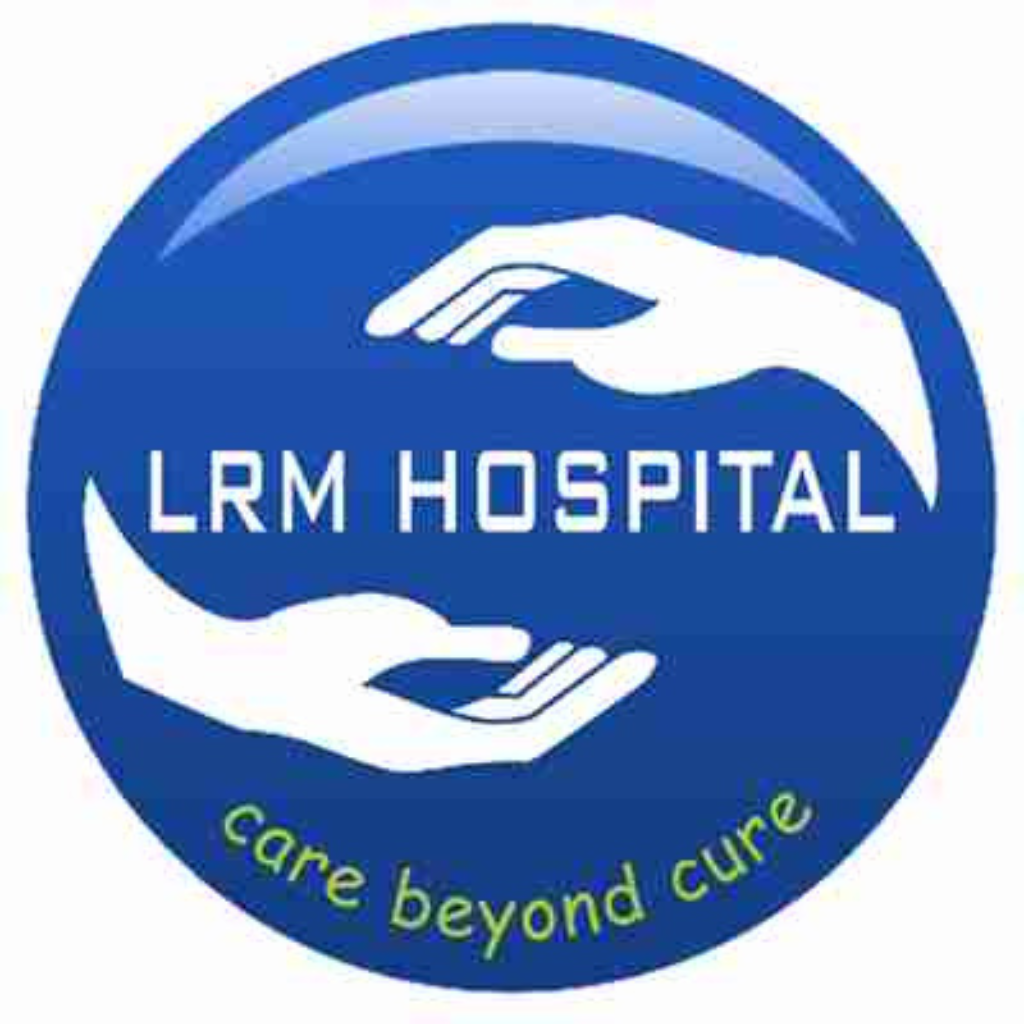Polycystic ovary syndrome (PCOS) affects many women worldwide, yet it often goes unnoticed. Recognizing PCOS symptoms early can help in managing the condition effectively and preventing long-term health issues. Early detection and treatment can improve wellbeing and lessen risks of complications like diabetes and heart disease. Common PCOS symptoms include things like irregular periods, weight gain, and acne, but some signs might be less obvious. As you learn more about PCOS, consider these signs crucial not only for your health but also for potentially boosting your fertility and general quality of life.
Decoding PCOS: A Closer Look
PCOS is a condition that impacts a woman’s hormone levels. Women with PCOS produce higher amounts of male hormones, which affects reproductive health and general bodily functions. It can lead to issues like PCOS symptoms and fertility challenges, and some women don’t even know they have it. PCOS can be tricky to diagnose because the symptoms are varied and may resemble other health problems. This condition not only affects fertility but also poses a risk to overall health. Without awareness, many women live with these untreated PCOS symptoms, unaware of the possible treatment options or changes they might make to their lifestyle to ease the condition.
Early Detection: Why Recognizing PCOS Symptoms Matters
If you don’t catch PCOS symptoms early, you could face frustrating complications. Ignoring these symptoms can lead to issues like PCOS symptoms and weight gain, skin problems, or even mood changes. Mental health can take a hit, leading to stress and anxiety. Even minor PCOS symptoms should not be brushed off. Recognizing these early signs can lead to better health outcomes. Early intervention might involve simple lifestyle changes yet have significant benefits. Spotting these signs early connects directly to positive health outcomes, avoiding a host of potential later challenges.
10 Symptoms of PCOS to Watch Out For
There are some clear indicators that PCOS might be an issue. Keep an eye out for the following:
- Irregular periods as a sign of PCOS – Your cycle might be longer than usual or include missed periods.
- Excessive hair growth – Extra hair on the face or body, often darker or coarser than usual.
- Weight gain – Unexpected or rapid weight increase, which might prove hard to lose.
- Acne – Severe and persistent acne might be linked to hormonal imbalances.
- Hair loss or thinning – Thinning hair on the scalp resembling male-pattern baldness.
- Darkening of skin – Some women notice skin getting darker around the neck or under the arms.
- Skin tags – Small, flappy skin growths are common in women with PCOS.
- Mood swings – Hormonal changes can cause emotional ups and downs.
- Headaches – Changes in hormones can cause severe headaches.
- Difficulty getting pregnant – Trouble conceiving might be a red flag for PCOS.
Understanding these signs is vital. Many women experience these without connecting them to PCOS symptoms diagnosis. Other issues, like insulin resistance, can also be attributed to PCOS symptoms. If you notice these symptoms, discussing them with a doctor can lead to useful guidance and support.
Who Should Be Concerned?
If you have a family history of PCOS, it’s important to be vigilant. Genetics can play a role in who experiences PCOS symptoms. Women of childbearing age are most commonly affected, especially those struggling with weight. PCOS symptoms and hair loss, or other physical changes, might show up at different ages. The severity of these symptoms varies greatly from person to person. Knowing your family history and paying attention to your body can be key to identifying PCOS symptoms early.
Taking Control: Managing Your PCOS Journey
If you suspect you have PCOS, seeking guidance from a healthcare professional at LRM Hospital is essential. We offer personalized treatment options tailored to your unique symptoms. Often, managing PCOS involves simple lifestyle changes like a healthier diet and regular exercise, which can make a significant difference.
Keeping a log of your symptoms can provide our experts at LRM Hospital with important insights to customize your treatment plan. With continuous support and expert advice, PCOS can shift from overwhelming to manageable, resulting in positive changes in health and overall well-being.
Take control of your health—book a consultation with our experts at LRM Hospital today and begin your journey to better wellness!

